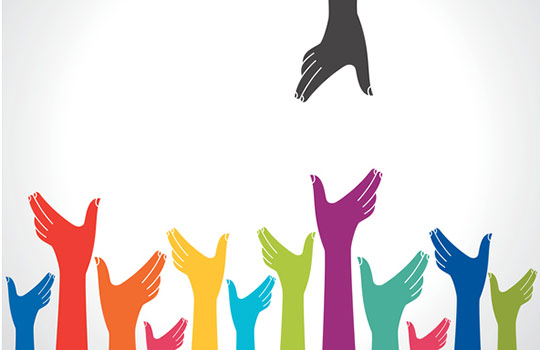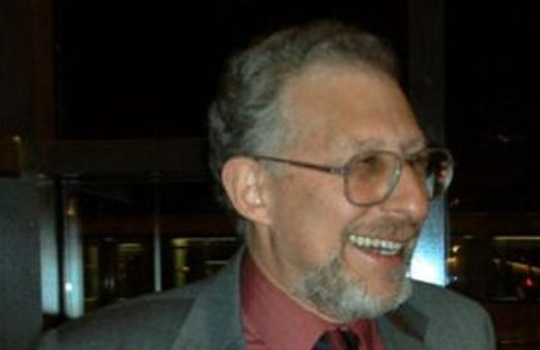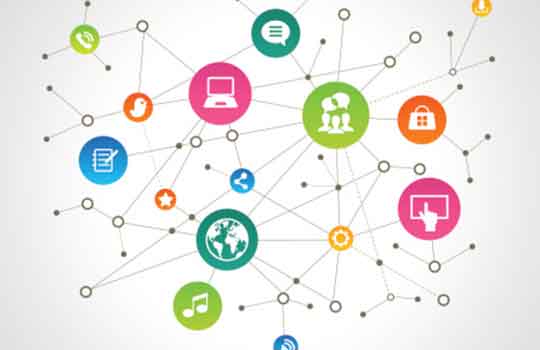We need to recognise individuals as more than simply a patient […]
Dawn P Richards: The patient as a person


We need to recognise individuals as more than simply a patient […]

Telephone triage has been hailed as a way to let GPs work smarter, not harder, but is its widespread diffusion justified? […]

Enthusiasm must be matched by evidence and one size will not fit all […]

It is a terrible indictment of our society that so many people of all ages live lonely and isolated lives […]

In a recent BMJ Opinion article, Ian Hamilton expressed his scepticism that “adopting a new vocabulary to describe people who have problems with drugs will reduce the stigma they experience.” I agree that language alone cannot reduce this kind of stigma or prejudice, but it’s a good place to start. As a final year medical […]

Richard Lehman reviews the latest research in the top medical journals […]

We know that in many organisations and working cultures, equality is still far from a reality […]

Last week I discussed the concept of teleoanalysis, in which different types of evidence from disparate sources are analysed either simultaneously or sequentially. To be clear, the term implies not the very last analysis that could be done, but a thorough systematic analysis of all the evidence available at the time, from, for example, randomised […]

We often hear about the importance of “bench to bedside” medicine, how basic science research is translated into novel treatments. But this paper demonstrates an equally important concept: how anonymised health records provide a rich data source to address clinical questions, which in turn improves patient care. I work as a clinical academic, undertaking outpatient […]

At a meeting on the politics of marriage last week at the London School of Economics three protagonists of very different stripe—the founder of the Marriage Foundation, a feminist philosopher, and a gay rights activist—all agreed that marriage was an outdated institution that should be rethought. My wife and I, who went together to the […]